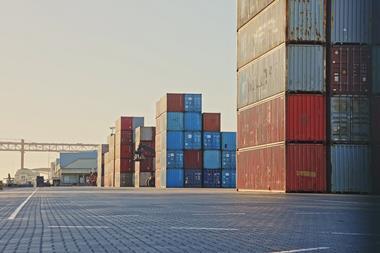Buyers of airfreight capacity should expect the market to get worse before it gets better, according to Bruce Chan, vice president of global logistics at investment bank Stifel.
Writing in the Baltic Exchange monthly market summary, Chan said that belly capacity is not expected to return until 2023 at the earliest.
And while rates are expected to ease from their current elevated levels faster than the return of capacity, space shortages in the immediate future are likely to push prices up this year.
Chan said: "Does that mean rates will stay this high until 2024? Unlikely, in our view. But there are structural factors that may keep rates higher than before, including the global rise of e-commerce and the fractalisation of supply chains in search of labour, capacity, and production diversification.
"And several large freight forwarders have now declared air charter to be a permanent part of their service offering—not just peak capacity infill."
However, in the immediate future "we do expect things to get worse before they get better" for those buying air cargo capacity.
Chan reasoned: "Does a protracted return of long-haul belly capacity mean that rates will stay high until next year? We think yes.
"And we think rates have another leg up as we move into back-to-school season. Recall that there was no back-to-school season in 2020; retailer inventories remain near historic lows, ocean capacity remains under pressure, and port terminal bottlenecks and trucking shortages are increasing hinterland lead times.
"These factors will be slow to unwind, in our view, and leave precious few alternatives to airfreight for shippers in need, especially if we see a quarter four peak."
Peter Stallion, head of air and containers, Freight Investor Services, added that the return of belly capacity could also result in rates see-sawing.
"As rates come off - and passenger-freighters become less viable - we may also see another rebound in rates as capacity goes offline, and then comes back online, as demand and prices recover," he explained.
FedEx also indicated it is not expecting a full recovery in air cargo capacity until 2024.
FedEx said that trade volumes have surpassed pre-pandemic levels and are on course for the fastest year of growth in over a decade.
It said that global air cargo capacity remained down 10% year-on-year in April as a result of lower bellyhold capacity.
FedEx expects air cargo capacity to remain constrained at least in the first half year and capacity recovery to be slow and possibly episodic. A full recovery is not anticipated until 2024.
The company also believes that “favourable” pricing internationally should continue through fiscal year 2022.















